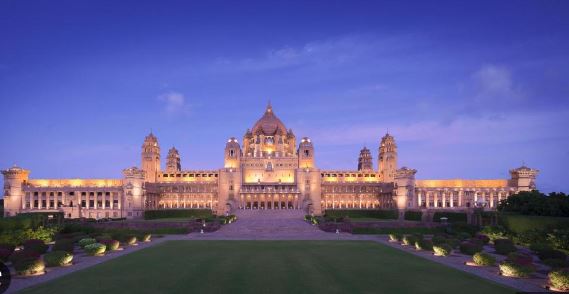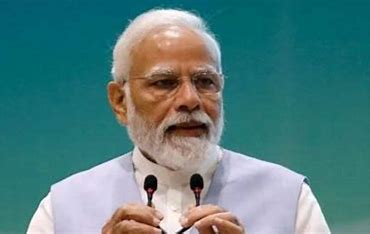
This list of famous palaces in India might give you a major fear of missing out. So, check them out and choose the next one that you are heading to. The list contains some of the most authentic palaces in India.
Deogarh Mahal
Partially occupied by the family of the Rawat Nahar Singh, this sun-coloured fort in the Aravali hills, poised between Jodhpur and Udaipur. The Mahal is an exceptional work of architectural magnificence, complete with graying battlements, domes, gun enclosures, jharokhas and gigantic entrances.
Laxmi Niwas
Built in 1904, Laxmi Nivas Palace in Bikaner catered exclusively to princelings, select statesman and architects of history. It is considered to be one of the most royal palaces in India. Gaze at hand-painted friezes and gold-laden walls. Examine up close the inspiration behind Lutyens’ and Baker’s architectural style.
Umaid Bhawan
This grand and imposing yellow sandstone palace was completed in 1944 after 15 years in the making and was one of the last great palaces to be built in India. Its majestic 105 – foot high cupola is influenced by the Renaissance, while the towers draw inspiration from Rajput tradition. Built over 26 acres of land it is one of the largest private residence with 347 rooms.
Taj Falaknuma
Previously the residence of the Nizam of Hyderabad, Taj Falaknuma Palace sits on a hill 2,000 feet above overlooking Hyderabad and is lauded as one of the most beautiful palaces in India. Entirely built of Italian marble, the incomparable Palace boasts of large Venetian chandeliers, rare furniture, grand marble staircases, priceless statues and art works, a world-class collection of crystals and Mughal, Rajasthani and Japanese gardens personally conceived by the Nizam.
Prag Mahal
The Prag Mahal is a marvel of Italian Gothic style of architecture located next to the popular Aina Mahal. Designed by Colonel Henry Saint Wilkins in the 1860s, Prag Mahal seems like a monument from France or western Europe. There is a bell tower located which you discover after climbing up stairs of 45 metre. The palace cost 3.1 million Indian rupees during its completion in 1879. Some of the main features of the palace include Corinthian pillars, decaying taxidermy in halls, a Durbar hall, and Jali work depicting European flora and fauna.















